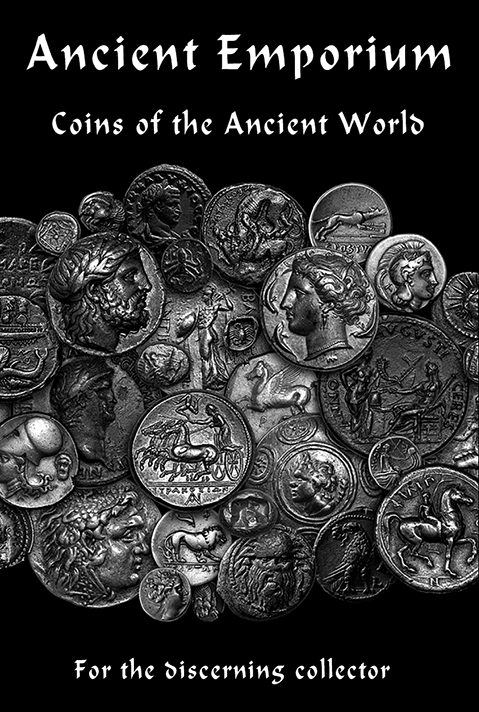Under the cover of night, criminals using sophisticated metal detectors are plundering historic sites on private or protected land across the UK. Known as nighthawks, the offenders remove antiquities and other objects of value, which are either sold on or kept in private collections.
In a case just this week at Basildon Crown Court, a 52-year-old man from Essex pleaded guilty to stealing Roman coins from a site at Castle Acre in Norfolk.
Mark Harrison, National Policing and Crime Advisor for English Heritage, says one of the biggest problems is that the nighthawks disturb and destroy archeological sites and so stories and crucial knowledge about our past are lost forever.
A former chief inspector at Kent police, Mr Harrison is co-ordinating efforts between the police, English Heritage, the British Museum and the National Council of Metal Detecting to gather evidence on the extent of the problem.
“Most nighthawkers work places local to them. But there is a hardcore who will travel hundreds of miles to dig up a site. Sometimes these are little- or even unknown historical sites and the lost knowledge is uncalculable.”
The nature of the crime – in remote places and at night – means bringing a prosecution is difficult. “You’ve either got to catch them in the act – which is when you rely on landowners, walkers or other passers-by to contact the police quickly if they spot something suspicious. Or you find evidence of nighthawking and begin an investigation.
“Sometimes a farmer will go out one morning and find lots of holes across a particular field and livestock spooked. Occasionally we can trace nighthawkers when they try to sell their finds.”
The National Council of Metal Detectors (NCMD) works closely with Mark Harrison and the police and none of its members have ever been implicated in a crime. “These aren’t hobbyists,” stresses the NCMD’s Steve Critchley, “they are criminals who use metal detectors as their tool of choice.”
Critchley stresses that the vast majority of metal detectorists are responsible and follow a strict code of conduct – always gaining landowners’ permission and reporting any finds to the Portable Antiquities Scheme. The nighthawkers bring “bad publicity and embarrassment” to his hobby.
“In places where our members are regular visitors, you seldom see criminal activity,” Critchley adds. “It’s the places where metal detecting is banned that are most vulnerable to nighthawkers. The presence of legitimate metal detectors acts as extra eyes on the land to prevent unwarranted access.”
Author: Fergus Collins | Source: CountryFile [October 02, 2014]




